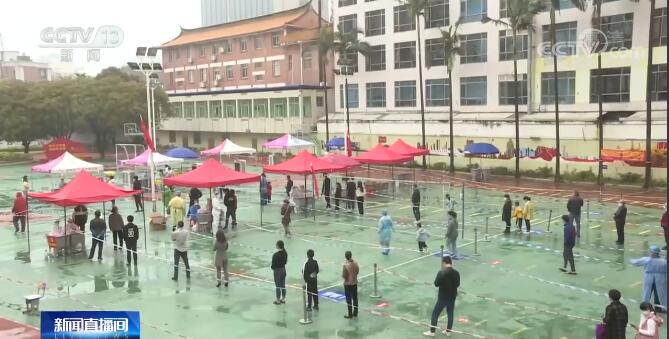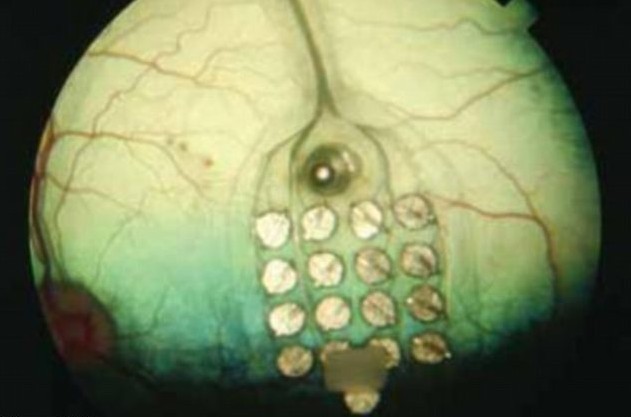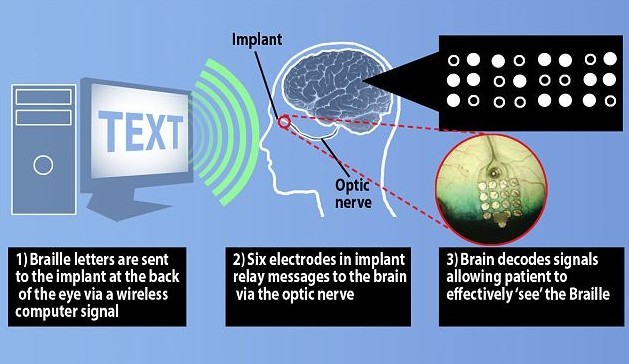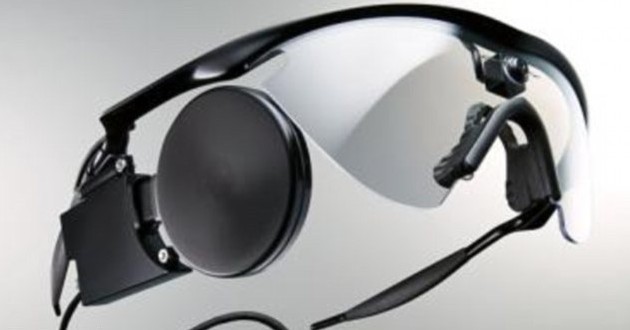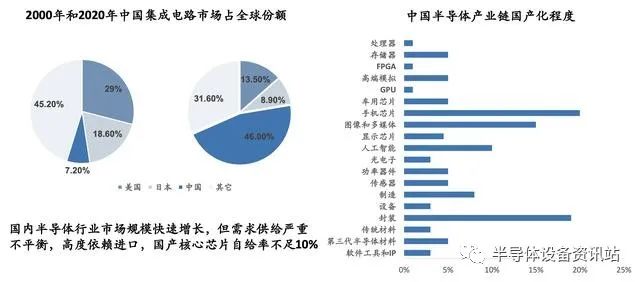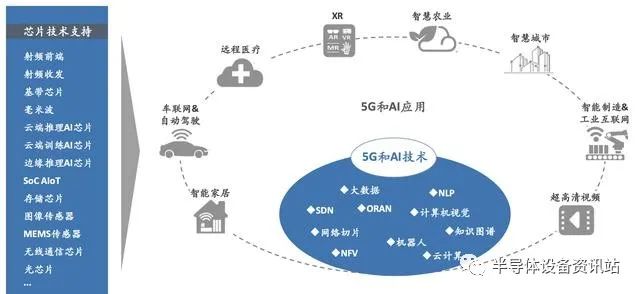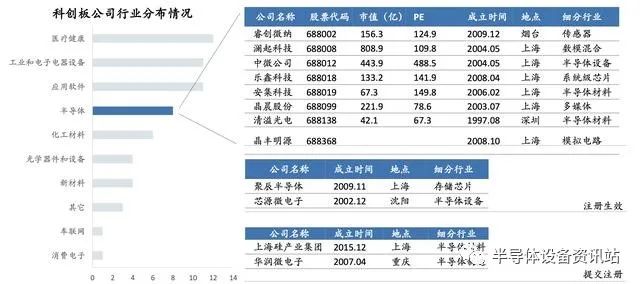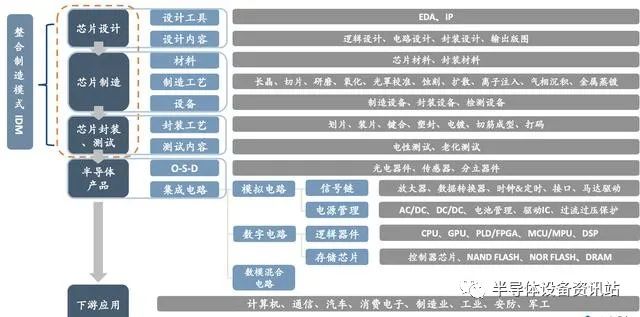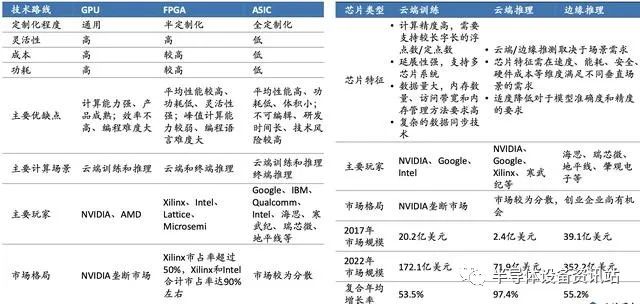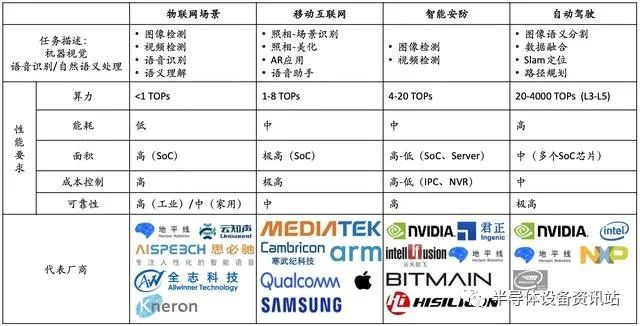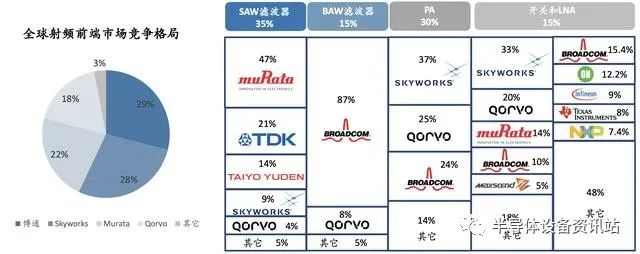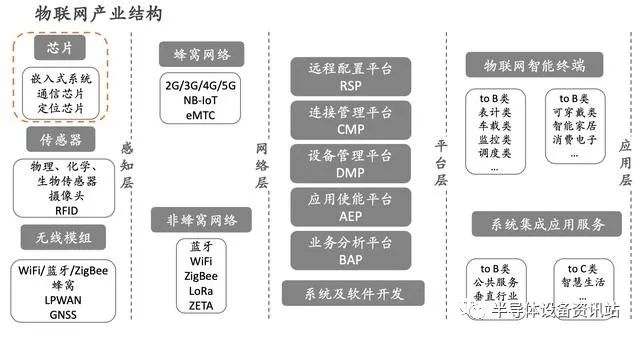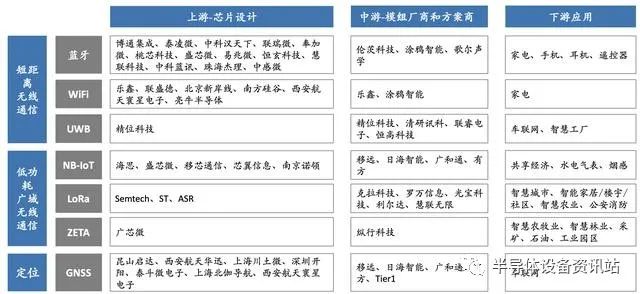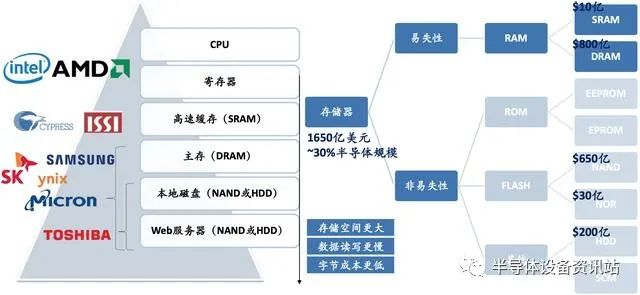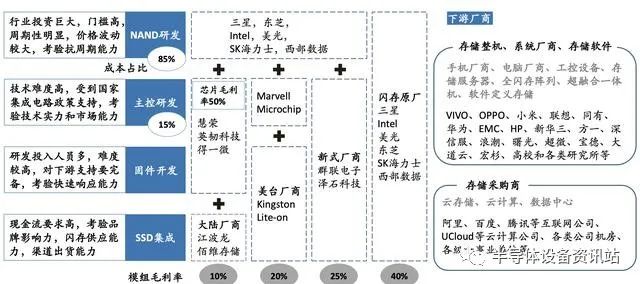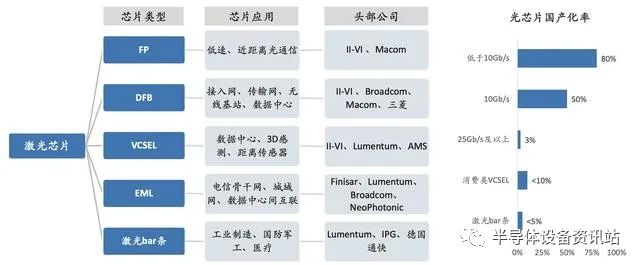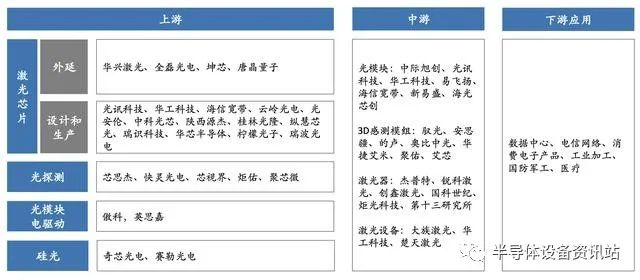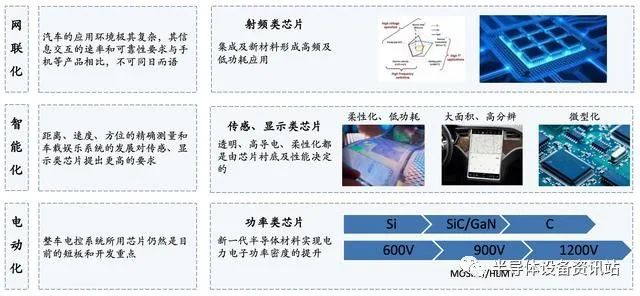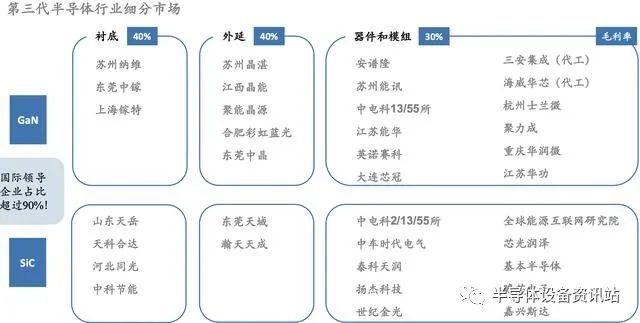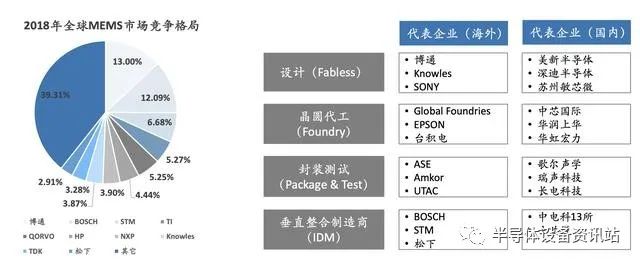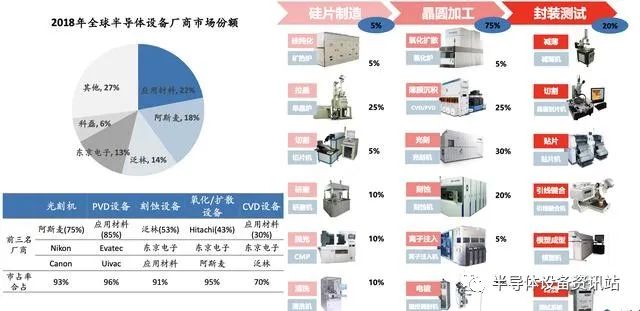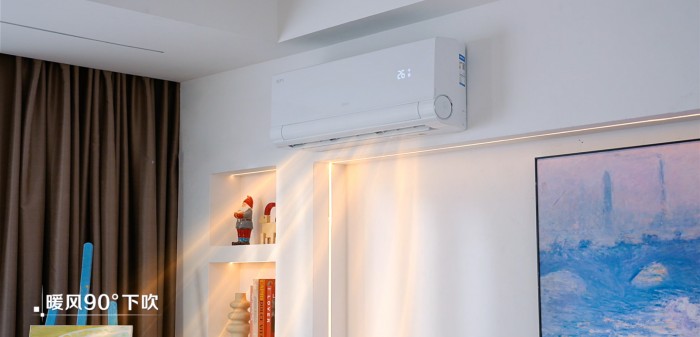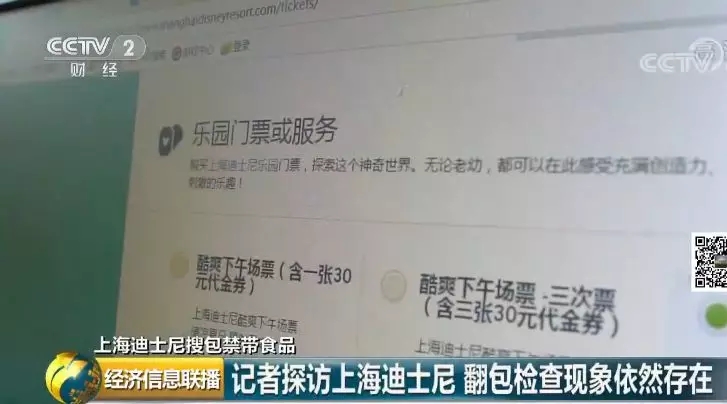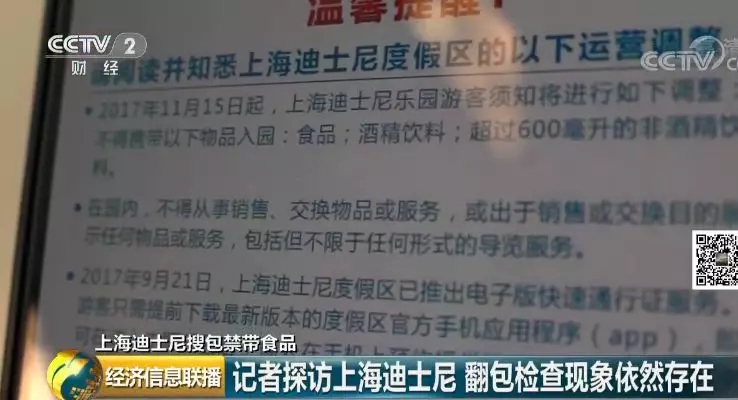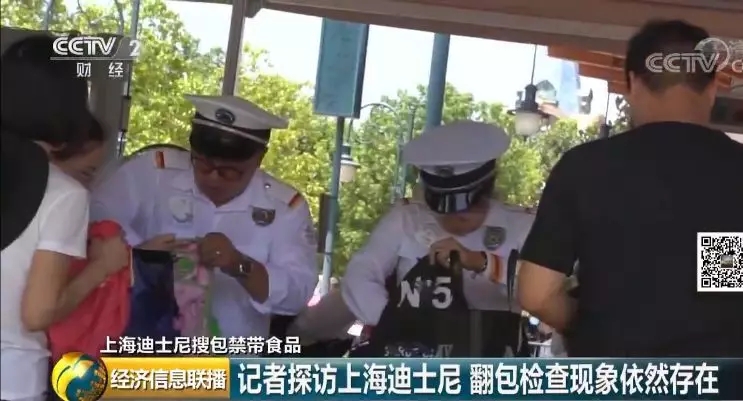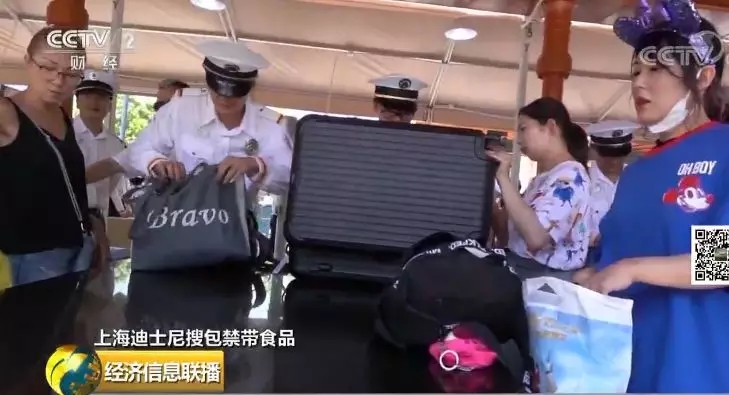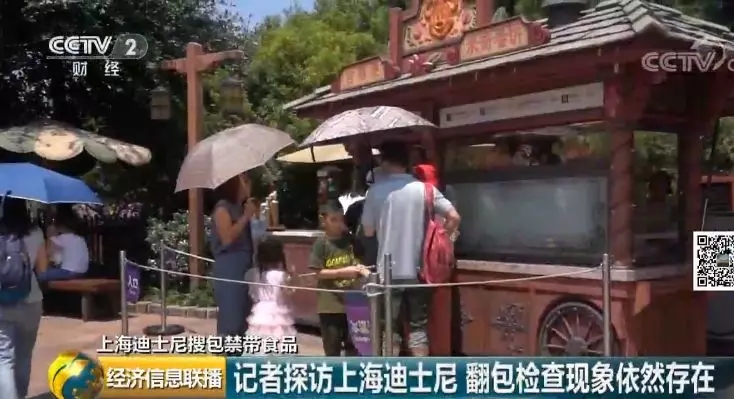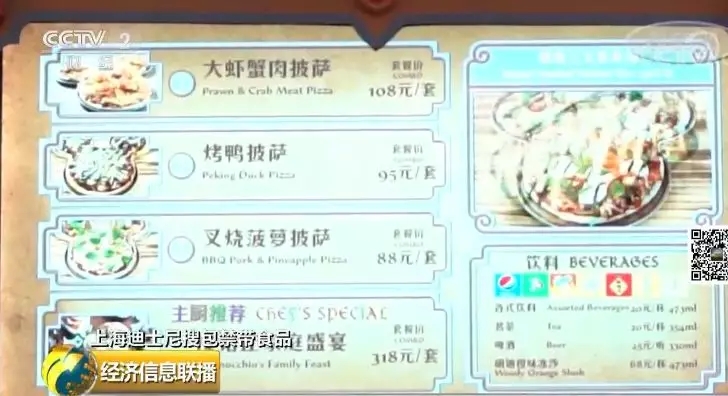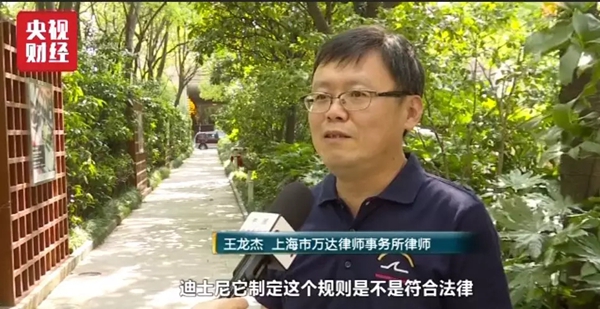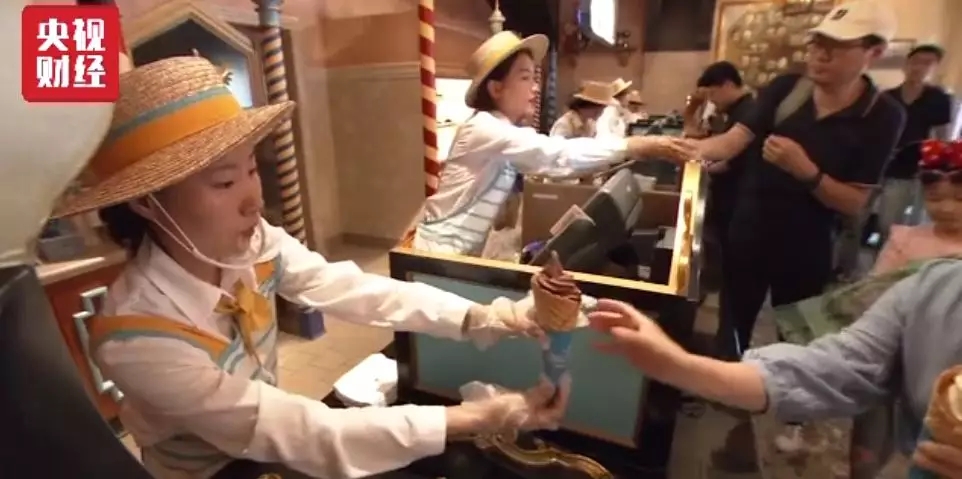They are so good! It turns out that there are so many "god operations" on the walls of the home! Original Flower Friends Little Peanut Net
Orange: It’s the weekly "Good Life" column again.
Today, our theme is "wall utilization of learning family": how to use the wide or narrow wall at home to help children’s study and life.
This topic is often talked about constantly. I found that the imagination of flower friends is getting richer and richer in the matter of "asking the wall for space", and the practice can be described as "various styles".
In the past, we shared many "big book walls" with indomitable spirit.
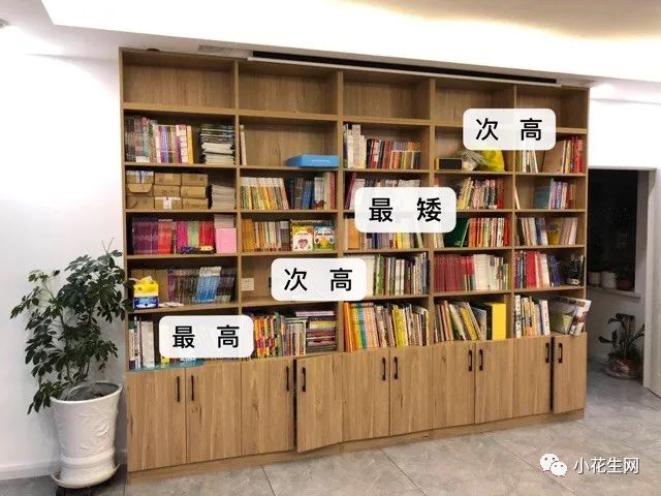
The picture comes from Huayou @ 京京京京京.
In fact, in addition to creating reading space, there are more uses for the walls in our home.
Today, Oranges have counted 6 kinds of "learning family wall" building schemes, and there is always one suitable for your home from the real experience of 18 families!
No.1 plan wall
Let children learn to plan themselves and establish the concept of time.
1. Use a 70cm "narrow wall" to help children plan their time.
@ 京京京京京
With the growth of the baby’s age, the time planning wall has gradually become a very important position. Since my sister was in the middle class at home, we have put the "time plan" on the wall.
From 2020, the narrow wall with a width of only 70 cm below will be fixed as the family time planning wall.
It changes every quarter, and important festivals, birthdays of family members, important appointments, short courses, and activity arrangements in each month are listed in the calendar.
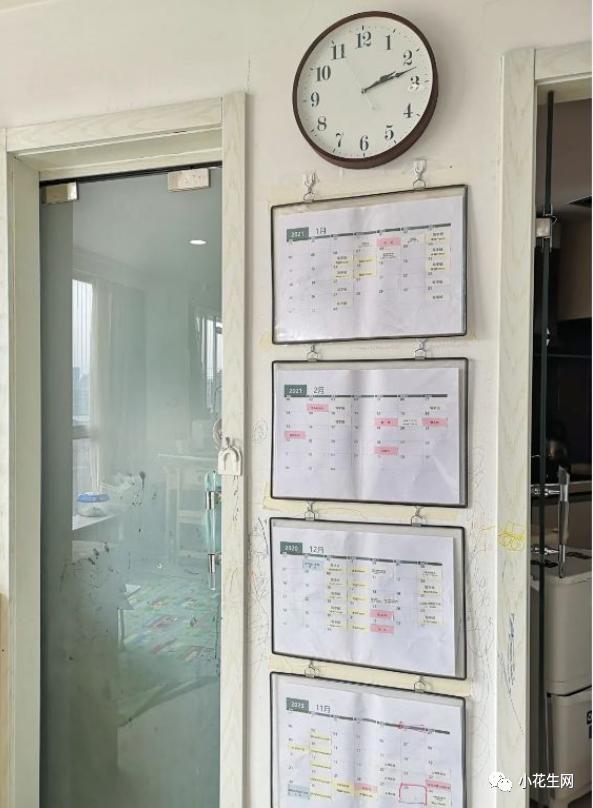
Because the hanging envelope made of plastic material is adopted, the A3-sized calendar can be easily printed and replaced, and temporary events can also be written directly on it with a pen, which is very convenient to wipe.
You should have noticed the labels in different colors on the paper. This is a monthly holiday label. I bought a pocket printer. The labels in different colors have different meanings: pink is a holiday label, blue is an important appointment, yellow is a short course, white is an exhibition or outdoor activity, and all kinds of colors can be known at a glance.
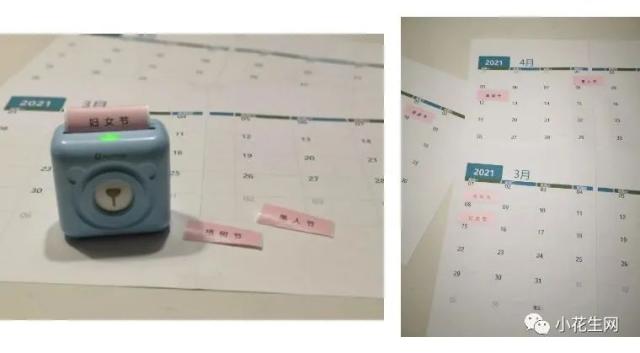
The two children are also used to having a look every day, and what needs to be prepared in advance in the coming week and month, and the concept of time has been grasped since childhood.
Because this narrow wall is located in the center of the family (between the living room and the kitchen), it has played different functions in each stage of their growth.
In 2019, this narrow wall is a task wall. During this period, it is mainly to form good living habits. Every day, the "TO DO LIST" is posted on the wall, and there will be rewards after completion, such as watching the IPAD for 5 minutes and eating an ice cream.

The time plan for the beginning of 2020 is so long that each time period and corresponding tasks are written, which is more specific.
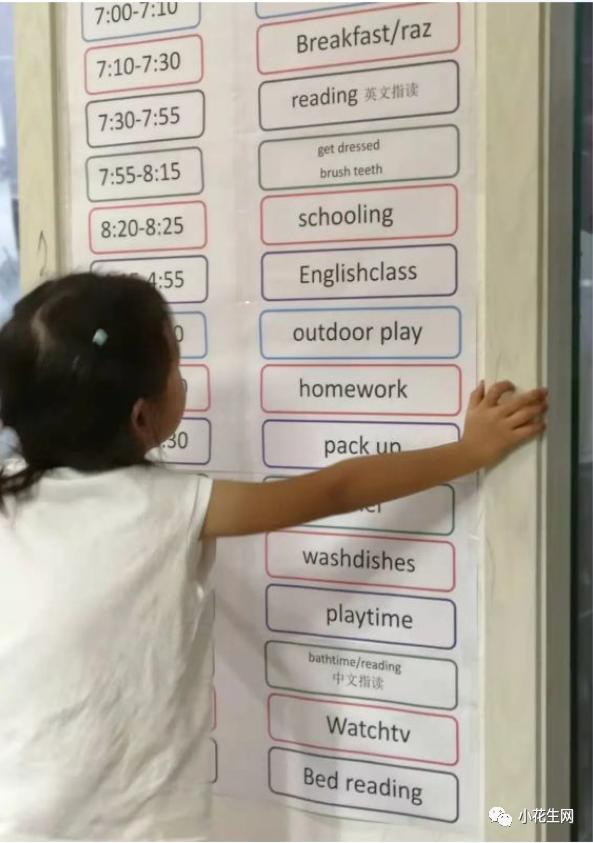
At the beginning of the formulation, I don’t expect the baby to accurately pinch the execution, just let the two babies understand what things must be completed in a day, such as morning reading, evening reading and housework, which are absolutely necessary projects.
After a short period of adaptation, the two children also successfully formed the habit of reading in the morning and reading in the evening.
2. Using the space in front of the desk, the child’s schedule is clear at a glance.
@ Clockwork ostrich
The four walls prepared by my family for the baby are "planning walls", and the area is not large, and two of them use the wall in front of the desk.
The first one is the planning/display board in front of the study desk.
Used to post schedules, memos, near-term goals, presentation of awards, and things that Amway wants to give to children …
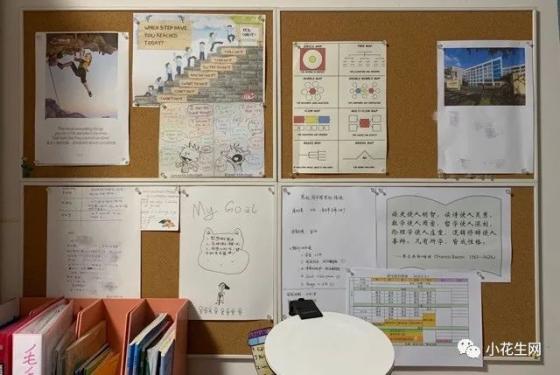
The second is to use the wall in front of the public desk at home, and decorate the hole board and message board.
Handbooks and planning materials are stored here, and the message board next to them can hang the schedule of children and adults.

Our family still has a Zhang Quannian schedule, but since this year is magical enough, we haven’t written any decent schedule yet.
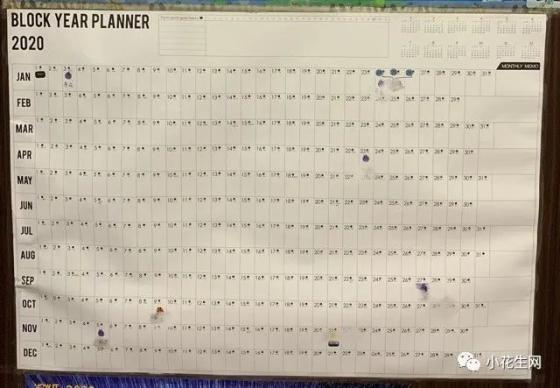
There is also a glass whiteboard in the corridor, which is used randomly. It is very convenient to write a check list or let the baby talk about the topic.
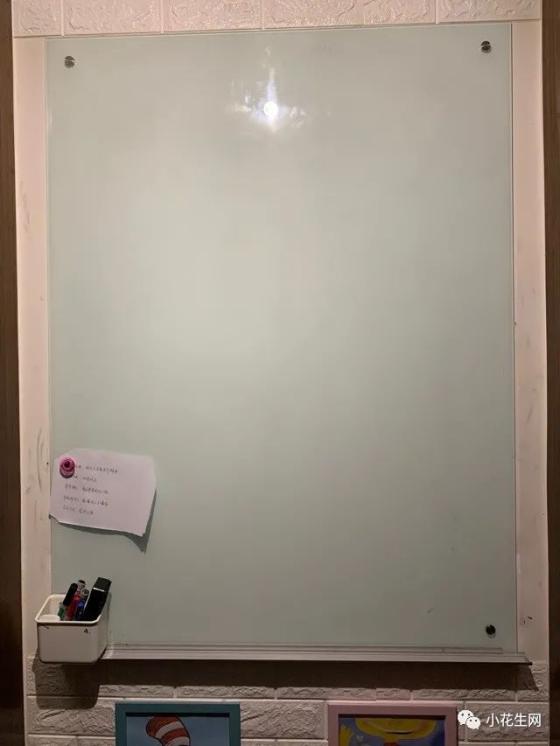
3. Self-made English calendar wall, and children learned English by the way.
@ Dusty blue dots of dust
I made a calendar wall by myself. Eva is very proud of me and will tell others: My mother made this for me.
Through this calendar, Eva knows the words of month and week, the concept of year, month and day, the expression of weather and season, the suitable temperature for human life and the number of days in each month.
Because I work in shifts, he will also count when I go to work and when I don’t. I have gained a lot, and this calendar is really worthwhile.

No.2 reading wall
Move the library into the house and let the children develop reading habits.
1. Skillfully use the wall behind the sofa and bay windows to create a comfortable reading corner.
@ Dora and Mom
For the convenience of our daughter Dora, we just moved to the old house opposite the junior high school, a brick-concrete house with three bedrooms, two bathrooms and balconies with a building area of 76 square meters, which is over 30 years old.
There are three permanent residents in a family, and there are enough spaces. The size of each space is really flattering. From the beginning of planning to move, I made up my mind to make books not only well stored, but also convenient or beneficial for children to read as the top priority!
Although everything is not perfect, we have tried our best.
Let’s talk about the wall bookshelf behind the sofa in the living room first.
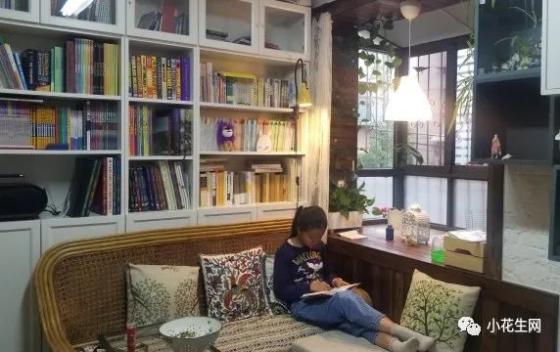
Putting the bookshelf behind the sofa has the disadvantage that the three floors below are blocked by the sofa, which is inconvenient to access.
But the advantage is that it is convenient to take the two floors on the sofa that are usually out of reach, and it is safe for children. In addition, it is clear at a glance within the line of sight and may be reminded to look at it at any time.
Behind the sofa is the IKEA Billie bookshelf, which is 2 meters wide and 2.37 meters high. Billy provides some bookcase units, which can be combined by himself, including the whole glass door, some covered doors, some glass doors, or even no doors at all.
The third floor below 1.05 meters in the lower section I chose is a blind door, and the configuration of the top glass door. The lower part is covered by the sofa, and some books and periodicals that have been published or not read for a while will not be opened for a long time. The shutter door is dustproof and safer than the glass door.
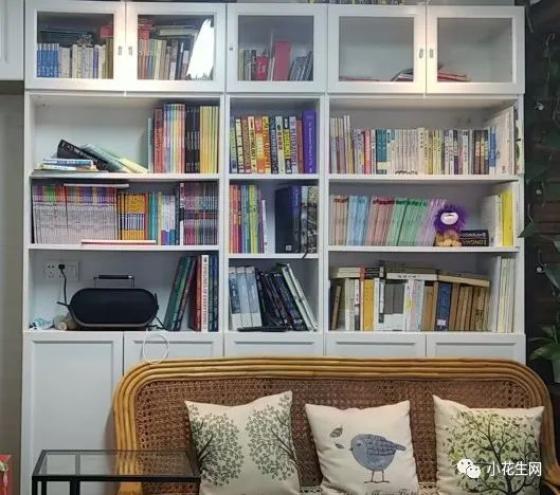
In addition, I think everything in my family is the most suitable match. The sofa is an old rattan chair, which is very light. Dora’s mother can easily open it at home and take the books on the lower floor.
The windows on the side of the sofa are tucked in the cracks of the building. In order to get more light, we made bay windows during the decoration. Originally, we wanted to make a book corner for Dora, but now two birds have been added to make it a space for birds, which is quite interesting.

2. The TV wall becomes a book wall, putting down thousands of books of two children.
@ Nan Xiaomei
The two children are only 8 years old. Since they were 10 months old, they began to read enlightenment. At that time, they hoarded a lot of picture books with big pictures, mostly in Itsumi Taro (I really love Japanese picture books for young children).
Every major e-commerce activity, the shopping cart is cleaned once, so there are more and more books at home. Picture books, bridge books, novels … bookcases have changed from one to five now.
The TV wall has also become a book wall.
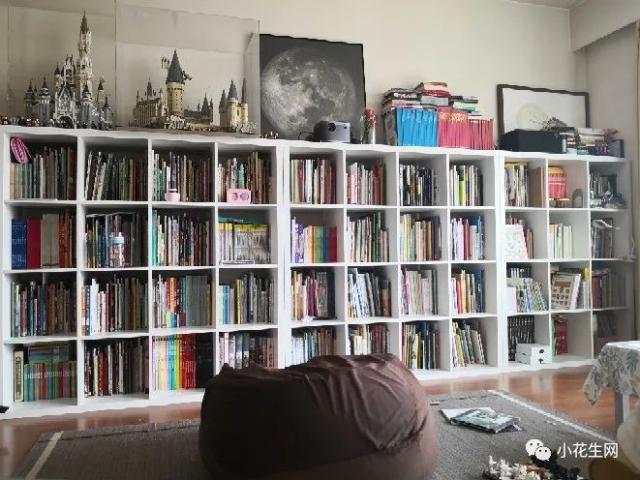
The reading arrangement of the two young children is to read books with too many words from Monday to Friday, and then browse the picture books at will on Saturday and Sunday.
There are three IKEA storage cabinets against the wall in my house, which are also full.
This cabinet is stacked with books with many characters, including bridge books. On the leftmost shelf, there are four layers of books that I read this year, and the rest are all two small ones.

In recent years, not only the two children fell in love with reading, but my old mother also fell in love with reading again after many years as a student! Thousands of books of children are here.
3. The open book wall of less than 1 square meter turns my living room into a library.
@ sweet dumplings Jia
I have always wanted to have an open book wall, build a "Home Library" and create a family atmosphere of knowledge. This time, renting a house finally realized my dream.
We chose the steel library bookshelf, which can adjust the height of the book at will, and there is no formaldehyde and no smell.

This book wall can not only hold more than 1000 books of us and Tangyuan, but also a display picture book rack, a storage area for family documents, a charging station for electronic equipment, and a storage cabinet for children’s teaching AIDS and board games …
There are generally two kinds of bookshelves in a family with a baby. One is a bookcase like the family library mentioned above. Books are inserted and placed vertically, only the spine on the side is exposed, so you need to prompt according to the spine when choosing books.
The other is the display picture book frame, which exposes the whole cover. For young friends who mainly read pictures, there is no doubt that the display picture book frame is more friendly.
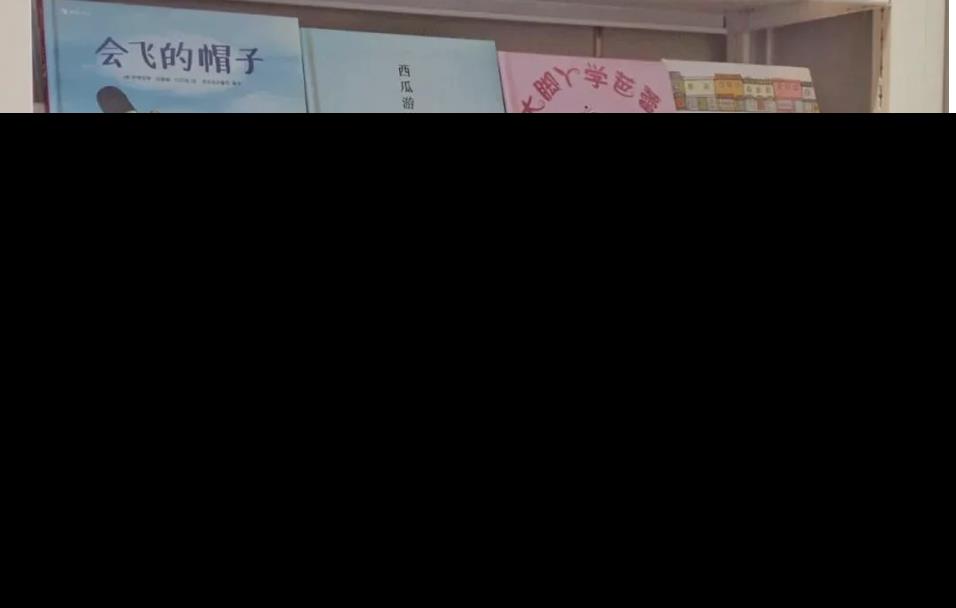
I used the combination of "book stop+telescopic rod" to transform the bookcase.
Stick the bottom of the book stop on the bookshelf board with seamless nano tape, because the book stop is U-shaped, which can prevent books from slipping.

Originally, there were sockets on both sides of the bookstop, so I can just get in by baiwan a little according to the width of the bookshelf.
Finally, install a telescopic rod.
Because books can’t be placed at a certain angle only with book stops, and the back books may not be able to provide support because of their different sizes, a telescopic rod with adjustable length is needed.
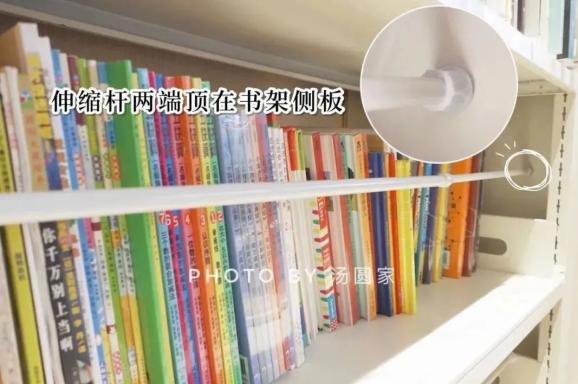
So I finished my transformation, which is super simple, cheap and practical ~

No.3 popularization of science yizhiqiang
Put natural science and human geography on the wall to give children long knowledge.
1. The wall is full of treasures, allowing children to move "autumn" back home.
Children all have the nature of being close to nature. I think being kind to their collections is a great protection of nature, right?
Therefore, the "Baibaoge" for children has been expanded recently. The following is the full picture of the current stage:

Many friends will ask at first, "Did your family make this cabinet?" . Actually, it’s not. Let’s talk about the wooden lattice first. The truth is that the "treasure lattice" on this wall is actually spelled by seven wooden lattices:

Because I didn’t intend to take it off later, I glued the back to the wall. Will not fall down.
The collection inside is divided into plants, stones, biology and daily life.
The exhibition here originated from a sunny weekend in autumn. While walking, the child accidentally found acorns on the ground by the roadside on a sunny day.
Out of natural curiosity, I looked around carefully. Soon found the "small hat" of acorn that fell off the fruit because it fell to the ground.

Because I watched Fourteen Mice dozens of times, I quickly took my seat on a sunny day and exclaimed, "Mom, is this an acorn!" " This is the beginning of an interest in picture books, germination and life.
Later, sunny days ignited the interest in finding seeds, and walking for seeds on weekends became a fixed project on autumn weekends.
And this baibaoge wall has become a record of his contact with nature.

2. Make use of the external wall of the house to create a "pipe wall" to cultivate the logical thinking of the baby.
@ 京京京京京京京京京京京
When I visited the kindergarten before, I saw that the whole wall of the kindergarten was made of water pipes that could play with water, and it felt very fun at that time.
Later, when we installed it ourselves, we upgraded the pipeline, which not only expanded from a simple plane combination to a deep three-dimensional combination, but also added blue food pigment to the pool to make the process of water flow more clear and intuitive.
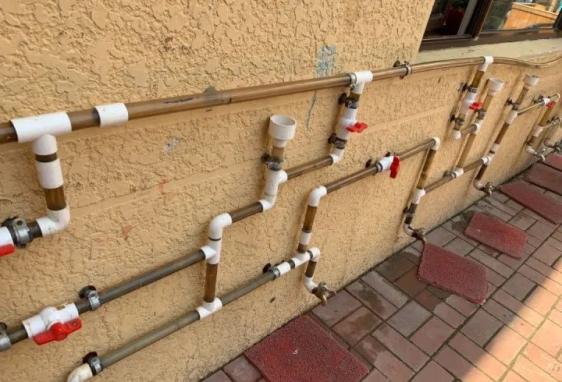
The best thing about the water pipe wall is that it is a prop that can explore the three-dimensional space and logical relationship. Looking at the pictures, you will find that after a period of exploration, my son Hu Jiang has been able to judge the location of the upcoming water in a more complicated pipeline combination.
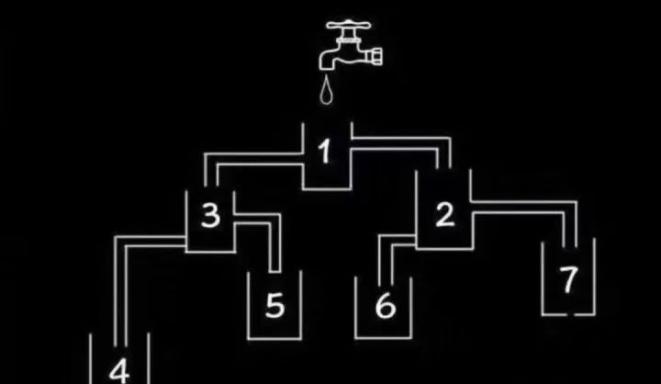
In addition to horizontal and vertical three-dimensional splicing, you can also try to tilt the pipe combination into an M/W type, and then try to see which port the water will flow out from first if it is poured from one port.
Or ask, do you think the water will flow out of the tap after this glass of water is poured in?
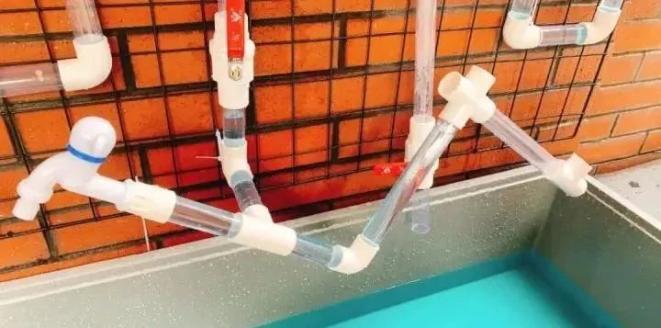
In addition, I borrowed the props for the baby to play with sand and tried to use running water to drive the waterwheel to rotate. It’s all fluid anyway!
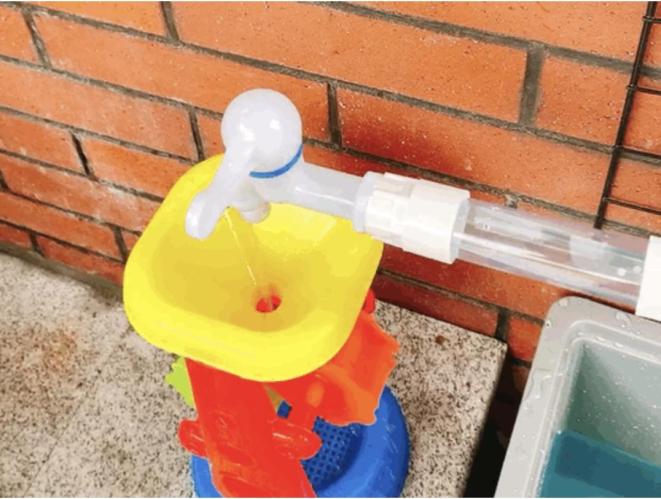
Gradually, our water-playing device also attracted the participation of our neighbors and children … I felt as if I were in a kindergarten …

With the pipeline playing with the water wall, the old mother can completely hide next to her and watch the children casually, and then just pack up and change clothes! It’s best in summer!
3. Hang history and geography on the wall to help children establish a "global view"
Looking forward to the stars
Most of the pictures posted on our wall are pictures of liberal arts. The main features are "big" and "complete".
For example, the "Belt and Road" panoramic map:
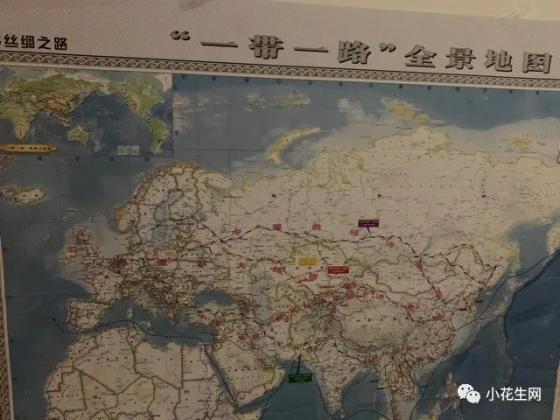
A summary of the history of China in the form of "historical rings";
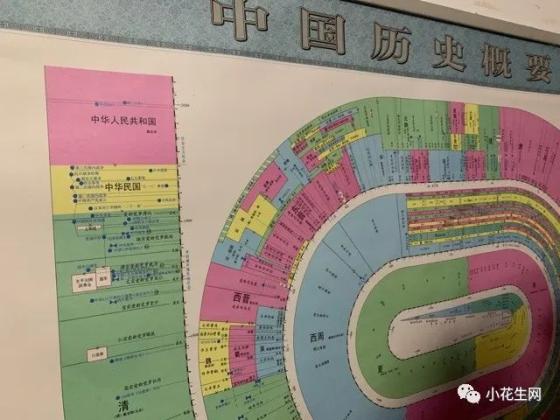
In terms of geography, there are also "bumpy" world and topographic maps of China:
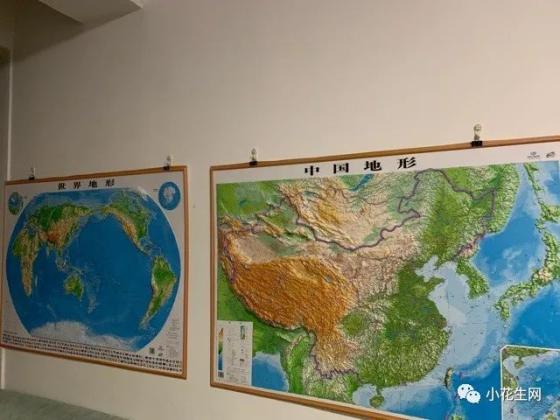
There is also a long picture of the longitudinal feeling of natural development and the development of civilization:

No.4 sports wall
When the equipment is on the wall, the child can complete the daily exercise at home.
1. Use the 3-meter-high floor to let the baby practice rock climbing at home.
@ Baibai 485
This wall in my house is not high, but it is more than three meters. In order to let the baby exercise her courage, I installed a climbing wall.
Originally, I just wanted to install the climbing grab, but I was worried about the insecurity. I bought this whole board, spliced it together, and installed a bell on the ceiling and a protective device.
After many attempts, the child can finally ring the bell, but after that, he is not very interested, but he still climbs occasionally.

If you don’t have such a high wall at home, you can also refer to the practice of @Coco Mommy. Using corridor space, find a professional organization to install a "rock climbing practice board" for children;
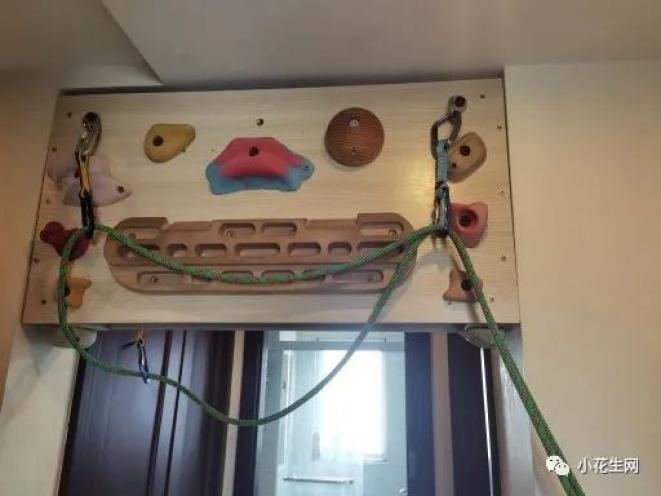
This is the other side of the exercise board:

This is the perspective from the bottom up:
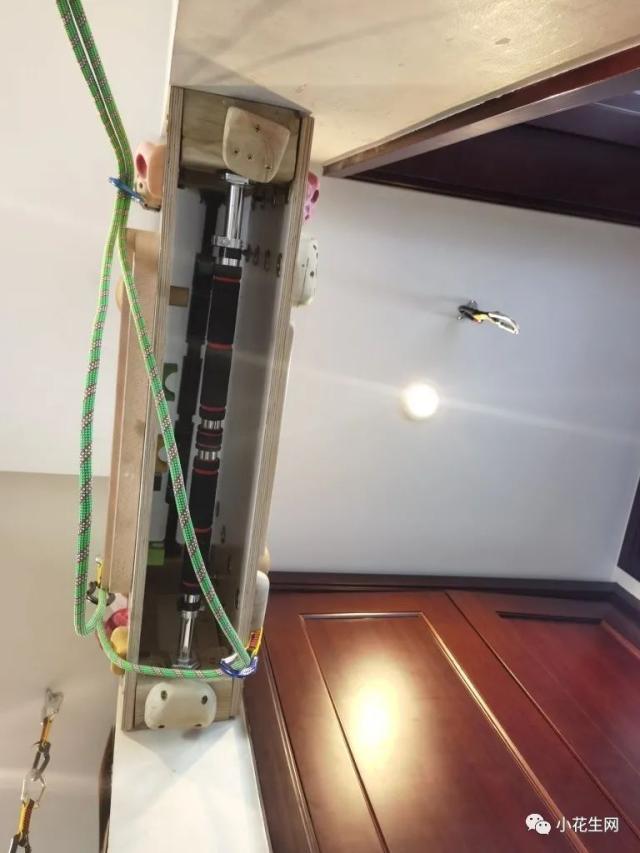
When installing, you need to use the load-bearing wall. Coco’s family found that only one side of the wall was load-bearing, so for safety reasons, two horizontal bars were reinforced inside and supported by lateral forces.
2. The wall expansion board with various playing methods has a discharge index of five stars.
@ 京京京京京京
The expansion board can be directly installed on the wall, but the ground needs to be protected.
My family chose the arrangement like a couplet to install the expanded version of three boards on the wall near the bed, so that the mattress can be directly protected.
If ideal, children can get off the left board, the right board and vice versa.
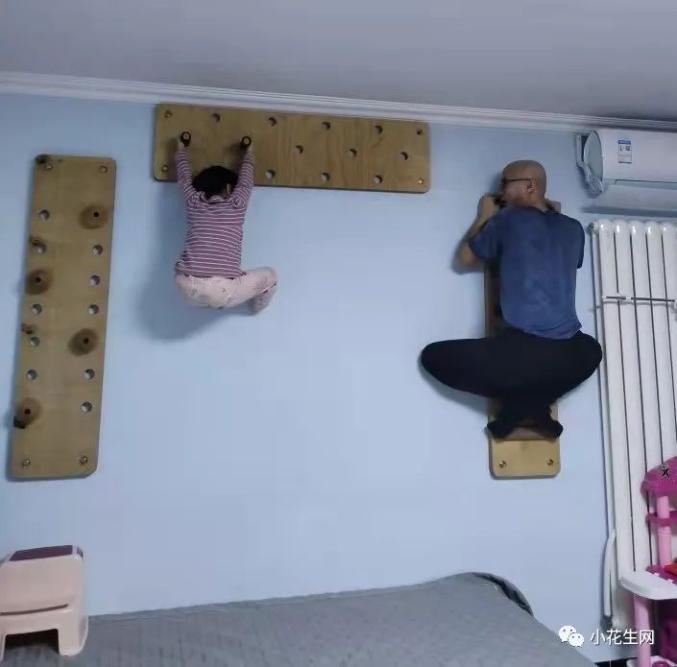
Equipment such as ladders and hemp ropes can also be installed on the expansion board, and there are many ways to play.
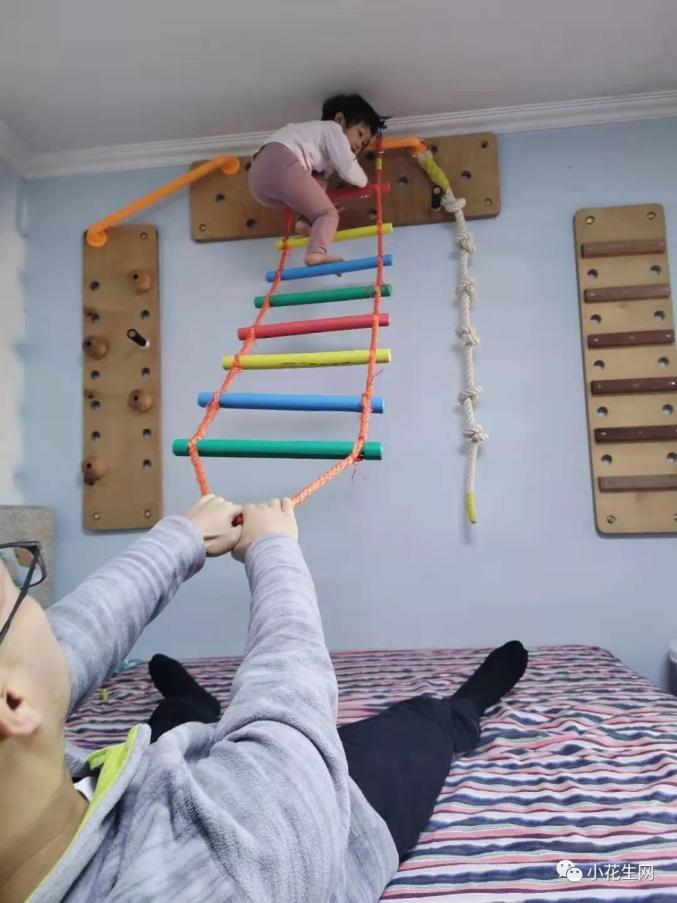
Huayou’s own invention of the game: "flying ladder in the air"
3. Using the load-bearing wall, install the "universal" household pull-ups
@ Bo ‘er Dad
Pull-ups are very good self-respecting exercises, but they are not easy for many children. Why do you recommend it?
Because a pull-up device can be expanded in many ways, such as rings, swings and TRX hanging training, it needs a place to hang, and pull-ups just meet this demand.
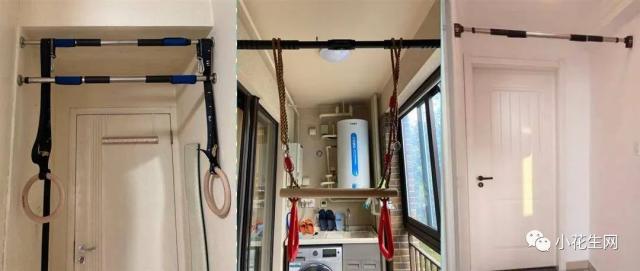
Although it can be used for door frames, it is safer to install it on load-bearing walls.
Home pull-ups have two choices: punching and punching-free. In fact, punching-free can basically meet the needs of families. Of course, if you don’t mind punching two holes in the wall, punching is a safer choice.
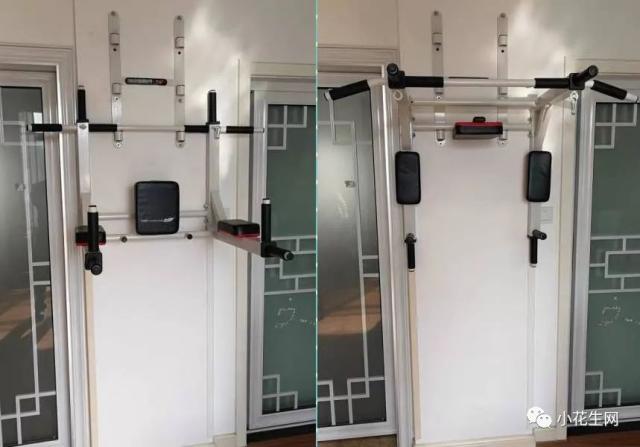
Multi-purpose pull-ups are also a good choice.
If the primary equipment above can’t meet everyone’s needs, you can try wooden rib bent.
Ribbed bent can basically meet the daily fitness needs such as leg press, pull-ups, arm flexion and extension (accessories are needed).
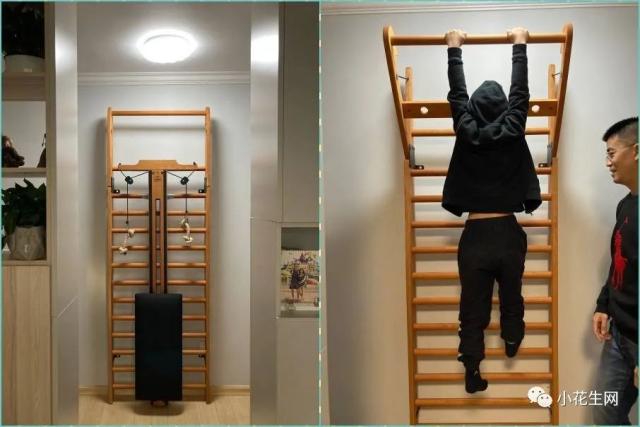
No.5 creativity aihaoqiang
Leave a wall for children to play freely, maybe there will be surprises.
1. Blackboard wall interactive wall, let children become the protagonists of learning.
@kikichenelf
When the child was two years old, he went to this blackboard wall. With it, the problem of the smelly boy doodling the wall was solved, and the fun of various interactions was also increased.
For example, children learn English words about the weather by drawing pictures:

This is about shapes:
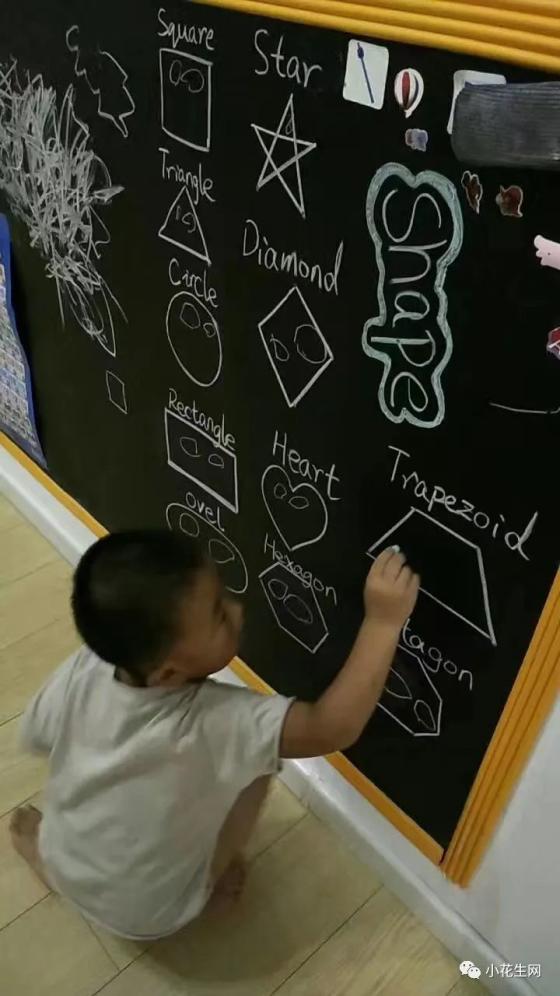
In the recent one, we tried to sort out the historical context with "annual rings":
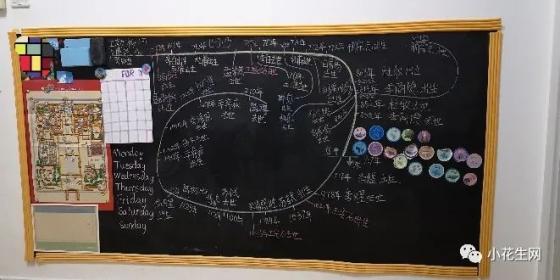
2. Use the wall partition to show the baby’s "baby"
@Cone
What little boy doesn’t have a few Dumex cards at home? However, like us, not only babies like adults, but also families who can’t help but pick up their hands when they see the cooperation funds. After several years, they bought nearly a thousand cars, and they really worried about how to take them in.
My request is that it can be displayed for viewing and easy for children to get, and it should not occupy space and be ugly!
After drawers, storage boxes, toy garages, bookshelves, jewelry hanging bags, and even acrylic display cabinets … I finally found the most suitable storage method!
A car show was held with a wall partition;

Every wall in the home can be a children’s drawing board.
@ Wen ~ Kiss my heart
Almost every wall in my house can be a painting wall for children.
A gray wallpaper was put up in the children’s room as a blackboard, and my brother wrote pictures on it when he was a child. Now it’s used to post photos. Above the blackboard wall are paintings by two brothers.
The little corner of the living room is full of my brother’s "masterpieces".
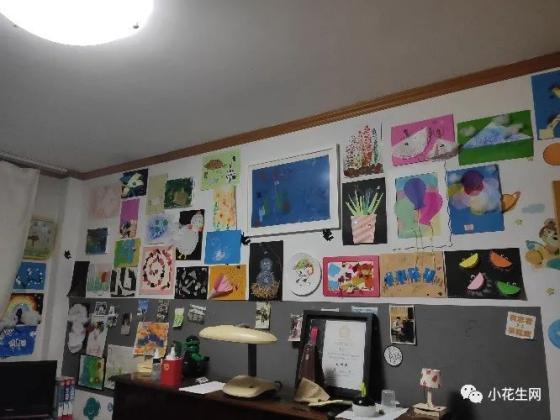
No.6 works/achievement wall
Record every growth and progress of children.
1. It is the greatest affirmation for them to frame and hang their works on the wall.
@ lulu mom Eric
Children have created so many works of art that they are reluctant to throw away every one, especially some oversized hand-made three-dimensional works. What should I do if I can’t put them down at home?
Recommend one of the simplest ways to preserve children’s works-frame it and hang it on the wall.
Put every picture drawn by the child in a photo frame and hang it at home, which not only decorates the wall, but also preserves the children’s works intact ~
People rely on clothes and horses to lean on saddles, and paintings are all mounted by photo frames. With photo frames, it is the feeling of being tall in an instant. If you arrange various shapes with photo frames, it will be full immediately!
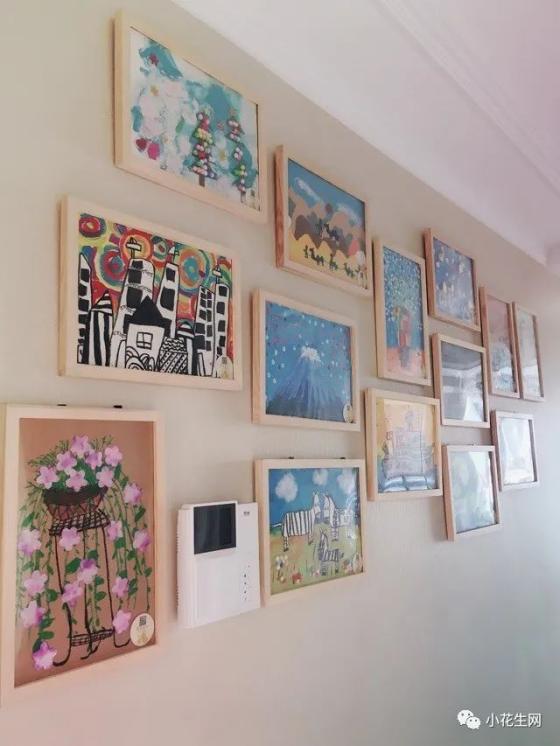
2. Draw the recited poems on the wall and record the journey of ancient prose.
@ Annihuiben House
Last February, I caught up with the epidemic at home, attended a poetry conference, and painted poems and paintings with my children.
One painting or handmade work every day, a total of more than 60 days, more than 60 paintings! Sticking them all over the walls at home is also a beautiful scenery!
We draw Li Bai, Du Fu and Bai Juyi together. Li Qingzhao, Du Mu, Su Shi, Li Shangyin and so on.

3. Record the books you have read on the wall and grow taller with the children.
@Emma302
Starting this year, I will copy the spine of the book I have read and post it on the wall every once in a while. The wall is getting higher and higher, and the baby is getting taller and taller.

After reading these, I feel a real and positive atmosphere of life.
How’s it going? Do you want to give it a try?
Original title: "They are so good! It turns out that there are so many "god operations" on the walls of the home! 》
Read the original text
